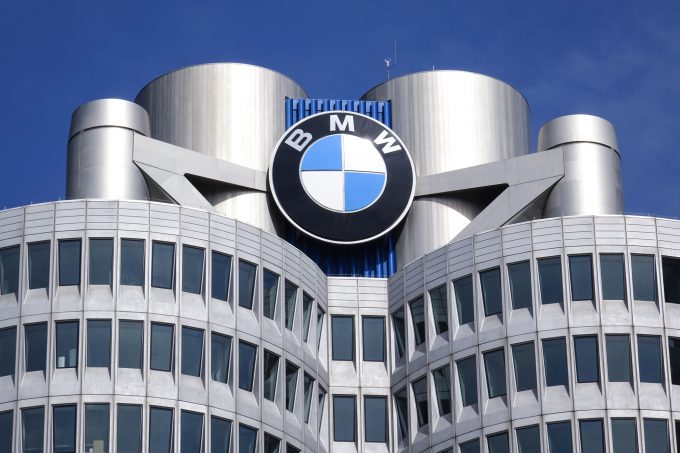MSC Aries now bound for Iran, and crisis will be 'a catalyst for higher rates'
Less than 2% of the containerships active in the Persian Gulf are Israeli-owned, and redeploying ...

The fallout from last year’s air freight capacity crunch is still playing out, with shippers and forwarders on the hunt for charter flights and alternative shipping strategies.
According to ECS Group chief executive Adrien Thominet, shippers are putting “huge pressure” on forwarders to ensure they guarantee space throughout the year and avoid a repeat of late 2017, when surging demand left many cargo owners struggling to secure capacity.
“Big shippers like Inditex, BMW, and the major pharmaceutical companies are now looking at having their own dedicated flights,” he said at last week’s Air Cargo China event in Shanghai.
“For example, Inditex is looking at having its own dedicated flights almost everywhere.
“We do the same for BMW. It has its own flight from Germany to Chicago, and we buy the dead-freight – the remaining capacity. And we never know in advance how much that will be, so one day the flight will be full and then the next day it might only have 80% and we have to re-sell the remaining 20%.
“This happened because BMW was totally annoyed that suddenly in December there wasn’t any more capacity access in the market, and it had to pay a high price, so economically it’s better for it to have its own flight.”
DB Schenker is also operating more charter flights. Flavien Mao, the forwarder’s north and central China air freight business development manager, said it was difficult to maintain capacity last year.
“So we had to find some alternative solutions. For example, in China we had to use different airports like Chengdu, Chongqing and Zhengzhou, and we can even now truck cargo to Beijing because it has greater capacity of wide-body passenger flights. So we can make use of this capacity and switch some cargo from Shanghai,” he said.
The forwarder is constantly on the look-out for new capacity entering the market, Mr Mao added, especially at China’s tier-2 and tier-3 airports where some carriers are gravitating.
“So it’s also interesting for us to get in touch with these carriers, because we really look at the whole territory now for each and every shipment, and not just which airport is closest. We’re also running more and more charters which makes sense for shipping out of China,” he explained.
Meanwhile, Mr Mao said this year’s market has been more unpredictable, with volumes slowing down in March, a month normally known for its strong performance following Chinese New Year.
“But then April – which is usually the beginning of the slack season – was stronger than expected. So the market is more dynamic than before.
“Currently demand growth is slightly slower than last year, but it’s still at 4-5%.
“One trend for April is that imports are very strong from Europe, manufacturers there are fully booked with orders and we still have a lot of cargo coming in. This might have some consequences if the Chinese carriers shift capacity from US to Europe, because then they can benefit from a better loading ratio when they bring back the planes to China.
“Rates are a bit higher than last year, but overall it’s still a positive market,” he added.
Comment on this article
Craig Sanders
June 14, 2018 at 3:45 pmGreat move move by big companies, having dedicated flights should avoid a sudden unavailability of the market and reduce prices.
Najma Qureshi
July 11, 2018 at 5:13 amVery informational content. Thanks for sharing. The check of the time as mentioned above has to have a clarity so that what happened last year should not be repeated this year round.